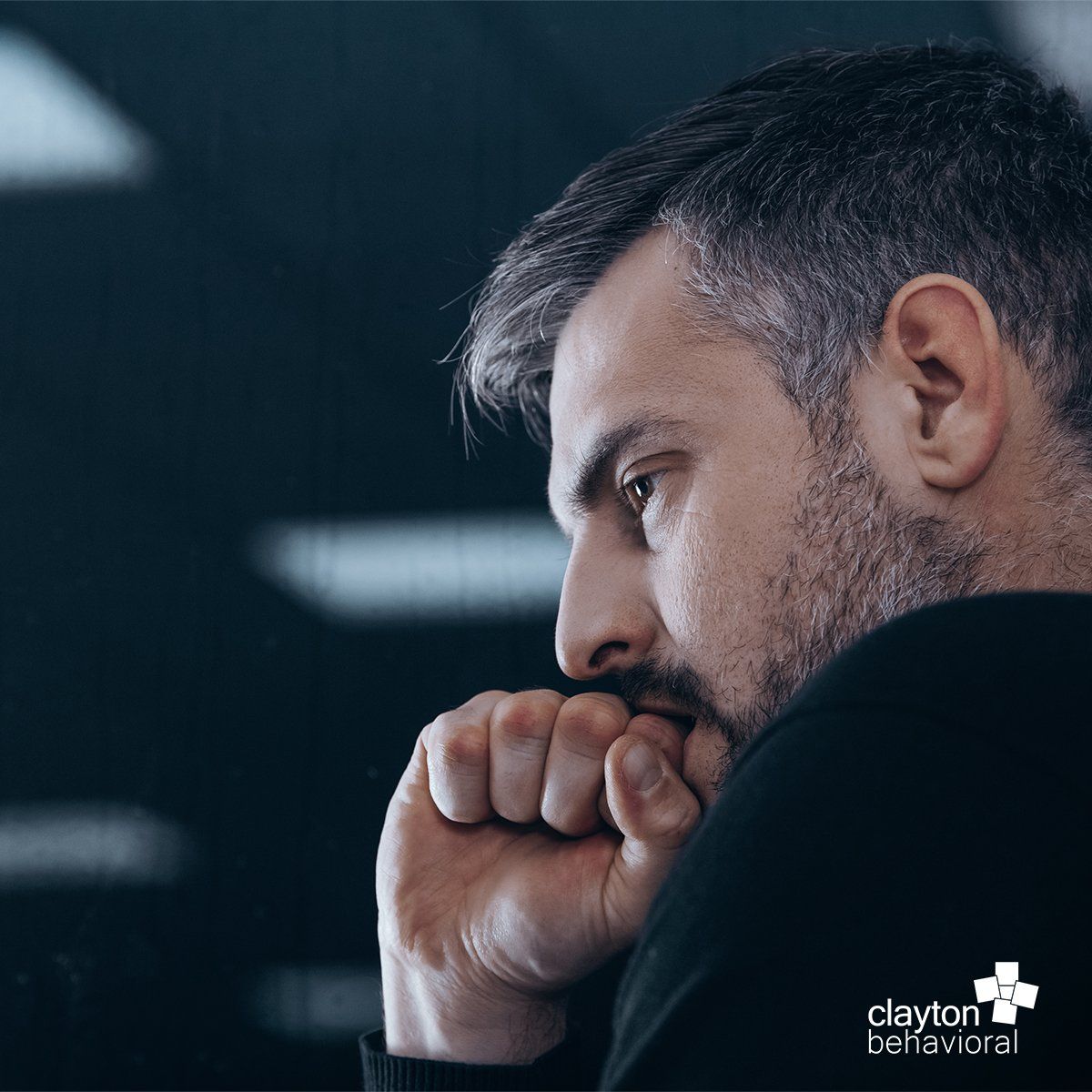Five conditions that look like adult ADHD

Clinicians routinely see patients self-diagnosed with ADHD. Many adults are now taking stimulants without a convincing reason. Stimulants are highly addictive medications that are not free of potentially dangerous side effects; their use should be limited to those carefully evaluated and properly diagnosed. In reality, most adult patients seen in clinical settings bitterly complain about noticing increasing problems with inattention and distractibility, and assume that they must therefore be suffering from undiagnosed ADHD. ADHD is a neurodevelopmental disorder present since childhood. Nobody develops ADHD as an adult. The following 5 conditions explain the majority of cases of adult-onset inattention and distractibility.
Depression and anxiety. Poor concentration, short-term memory loss, inattention and distractibility are very common symptoms of both mood and anxiety disorders. It is very difficult to diagnose cross-sectionally ADHD in the presence of a major depressive episode or an active anxiety disorder (GAD, OCD, etc.)
Drugs and Alcohol. In the addition of the well-known deleterious cognitive effects of alcohol and commonly abused drugs (including marijuana), clinicians need to be extremely careful when prescribing stimulants to those with potential chemical dependency issues.
Certain prescription medications. Benzodiazepines and sleep medicines (Ambien, Lunesta, Sonata) are well known for causing daytime probems with focus and attention. Statins (medications used to lower blood cholesterol levels) are showing increasing, convincing evidence thay thay can also cause cognitive problems that may be misinterpreted as ADD. Cholesterol is essential for brain functioning. Antidepressants (SSRIs, SNRIs) as well as some mood stabilizers such as Lamictal, Depakote and Tegretol can cause annoying word-finding difficulties that patient could misinterpret as cognitive impairment.
Non-restorative sleep. Patients with certain sleep disorders (typically, obstructive sleep apnea – OSA) suffer from excessive daytime sedation and sleepiness. They find it very hard to concentrate and stay focused. Even when properly trated, OSA may produce residual problems with cognition, short-term memory, inattention and distractibility.
Overwhelmingly busy schedules. How much water can a sponge take? How many computer programs can you open in your laptop before it slows down and makes mistakes? We live such busy, overcommitted lives that is not hard to understand how the multiple demands simultaneously placed on our brains lead to processing mistakes.
Most adults seen in clinical practice complaining of inattention and distractibility are far more likely to suffer from one or more of these five problems than from the complex, multifaceted neurodevelopmental condition that is ADHD. Careful screening for these conditions may guide treatment and avoid long-term, unnecessary use of addictive medications.
Attention-Deficit Hyperactivity Disorder in Adults, by Paul Wender, MD is a classic textbook of what really is (and is not) ADHD in adults: a serious and potentially devastating condition when not properly treated.









